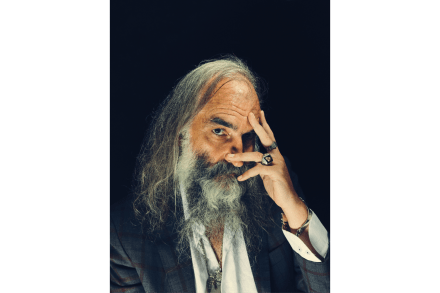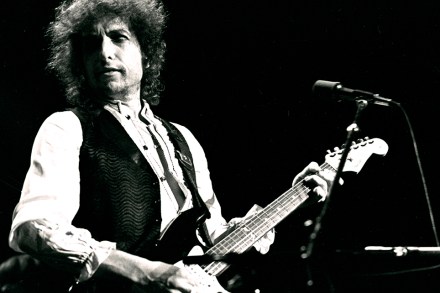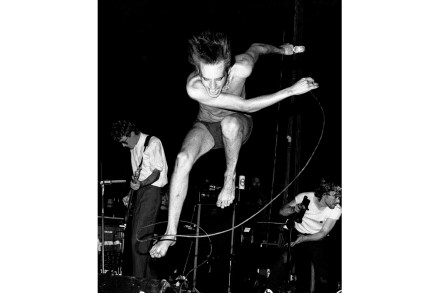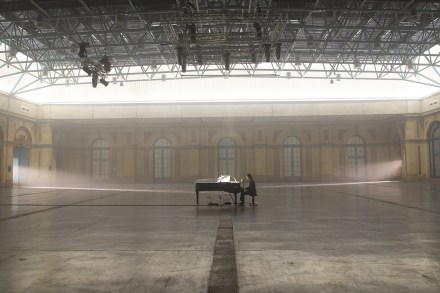Terrifically good value: Nick Cave & the Bad Seeds reviewed
A few years ago, I received an early morning phone call from Nick Cave’s former PR, berating me for not crediting his band the Bad Seeds in an album review. She was quite right. As Cave says, with a hint of paternal pride, during this powerhouse Glasgow show: ‘This band can do anything.’ It’s not just that the Bad Seeds’s task ranges from delicately enhancing the most nakedly exposed ballads to unleashing a raging firestorm of noise. It’s that supporting a performer as mercurial as Cave takes oodles of nous and empathy. He’s a wild thing, but they never once lose him. Cave brings to mind that volatile drunk left








